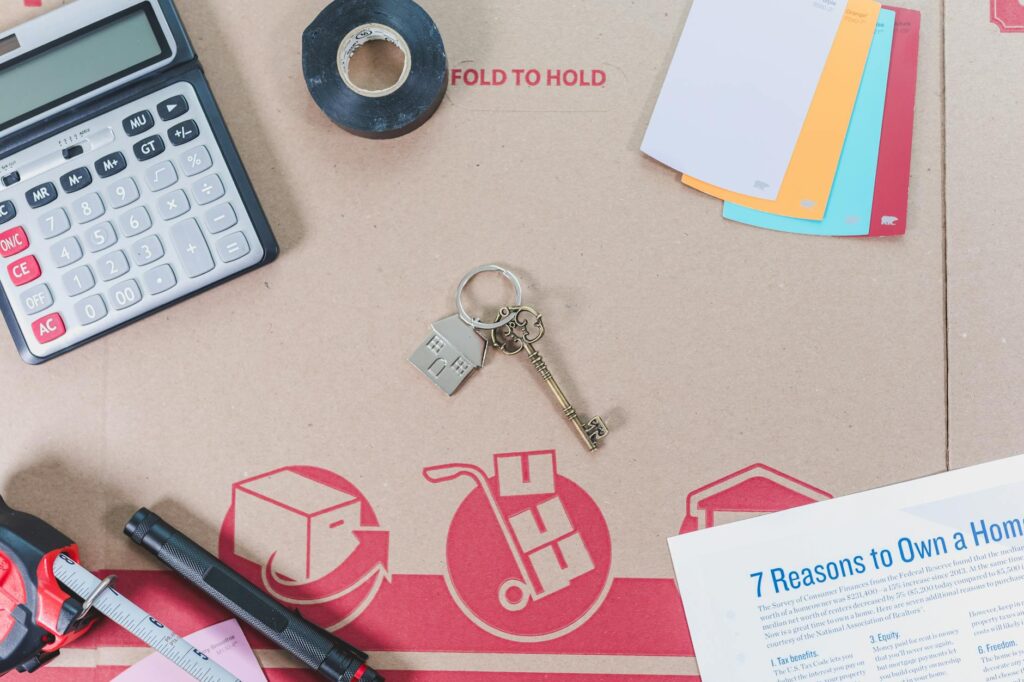Buying a home is a significant milestone, and financing it through a VA loan can offer numerous advantages. However, understanding the closing costs associated with a VA loan is crucial for a smooth and financially sound transaction. This guide will break down the various components of these costs, helping you navigate the process with confidence.
Understanding VA Loan Closing Costs
VA loans, backed by the Department of Veterans Affairs, don’t require a down payment, which is a major benefit. However, you’ll still encounter closing costs, which are fees paid to finalize the home purchase. These costs vary depending on factors such as location, lender, and the complexity of your transaction. It’s important to plan for these expenses to avoid surprises at closing.
Loan Origination Fee
This fee compensates the lender for processing your loan application. The amount varies depending on the lender and the type of VA loan. It’s usually a percentage of the loan amount. Some lenders may offer to finance this fee into the loan, increasing the total loan amount.
Funding Fee
The funding fee is a VA-mandated charge that helps support the VA loan program. This fee is based on your loan amount and whether it’s your first VA loan.  You can often roll this into your loan, but it is wise to consider if this is the best financial decision in the long term.
You can often roll this into your loan, but it is wise to consider if this is the best financial decision in the long term.
Appraisal Fee
An appraisal is needed to determine the fair market value of the property. This fee covers the cost of the appraiser’s services and is typically paid upfront. The cost depends on the property’s location and size.
Home Inspection Fee
While not always strictly part of closing costs, a home inspection is highly recommended to identify any potential issues before purchasing the home. This is separate from the appraisal and should be budgeted accordingly. 
Title Search and Insurance
Title insurance protects you and the lender from potential title defects or liens on the property. A title search ensures the property’s ownership is clear. These costs can vary depending on the property’s history and location.
Survey Fee
A survey might be required to verify the property boundaries. This is more common in cases of unusual property lines or when there are questions about the property’s dimensions.
Escrow Fees
Escrow fees compensate the escrow company for managing the closing process. These fees cover tasks such as disbursing funds and handling paperwork.
Recording Fees
Recording fees are government charges for officially registering the transfer of ownership. These vary by county and state.
Property Taxes
You’ll likely need to pay a portion of the property taxes in advance at closing, typically covering the period from closing to the next tax payment deadline.
Homeowner’s Insurance
Similar to property taxes, you may pay your first homeowner’s insurance premium upfront at closing.
Mortgage Insurance (If Applicable)
While VA loans don’t require private mortgage insurance (PMI), you may still be required to pay a funding fee, as mentioned above.
Prepaid Interest
You usually need to pay a portion of your first month’s mortgage interest upfront at closing. This interest covers the period from closing to the beginning of the first full month of the loan.
Closing Agent Fees
The closing agent coordinates the closing process and handles the paperwork. Their fees are typically outlined in the closing disclosure.
Other Potential Costs
Depending on the specific circumstances of your purchase, you might encounter additional costs such as HOA fees, pest inspections, or transfer taxes. Always ask your lender and real estate agent for a complete breakdown. 
Reviewing the Closing Disclosure
Carefully review your Closing Disclosure (CD) provided by your lender at least three business days before closing. It’s a critical document that itemizes all closing costs. Understand each cost, and don’t hesitate to ask your lender or real estate agent to clarify anything that is unclear.
Negotiating Closing Costs
In some cases, you might be able to negotiate some closing costs with the seller. This is more common in buyer’s markets. Consult with your real estate agent to explore this possibility. Always get everything in writing.
Planning for Your Closing Costs
Start saving for closing costs well in advance of your home purchase. Getting pre-approved for a VA loan can help you better estimate these costs and plan accordingly. Consider using a VA loan calculator to estimate your closing costs based on your unique circumstances.
Conclusion
Navigating the closing costs of a VA loan can feel overwhelming, but by understanding the different components and planning thoroughly, you can avoid surprises and ensure a smooth home-buying process. Remember that seeking professional guidance from your real estate agent, lender, and a financial advisor is always recommended.
Frequently Asked Questions
What are the average closing costs for a VA loan? The average closing costs for a VA loan can range from 2% to 5% of the loan amount, but this varies significantly based on location and the specific charges in your transaction.
Can I negotiate closing costs? While some closing costs are fixed, others, such as seller-paid closing costs, may be negotiable, particularly in a buyer’s market. Work with your real estate agent to determine what is possible.
Are there any resources available to help estimate my closing costs? Yes, there are several online VA loan calculators and your lender can provide an estimate based on your individual circumstances. Your real estate agent can also provide valuable insight.
Can I finance my closing costs? Some lenders offer options to finance some closing costs into the loan amount, but this will increase the total amount you need to repay over the life of the loan. Be sure to consider the long-term implications.
What happens if I don’t have enough money for closing costs? If you don’t have sufficient funds for closing costs, it is highly recommended to communicate this issue to your lender. There may be some ways to explore to work around the issue. Consult with a financial advisor for personalized advice.
![VA Home Loans 101: Your Ultimate Guide For [Current Year]](https://www.yourfinancerates.com/wp-content/uploads/2025/06/pexels-photo-3768140-1024x682.jpeg)


